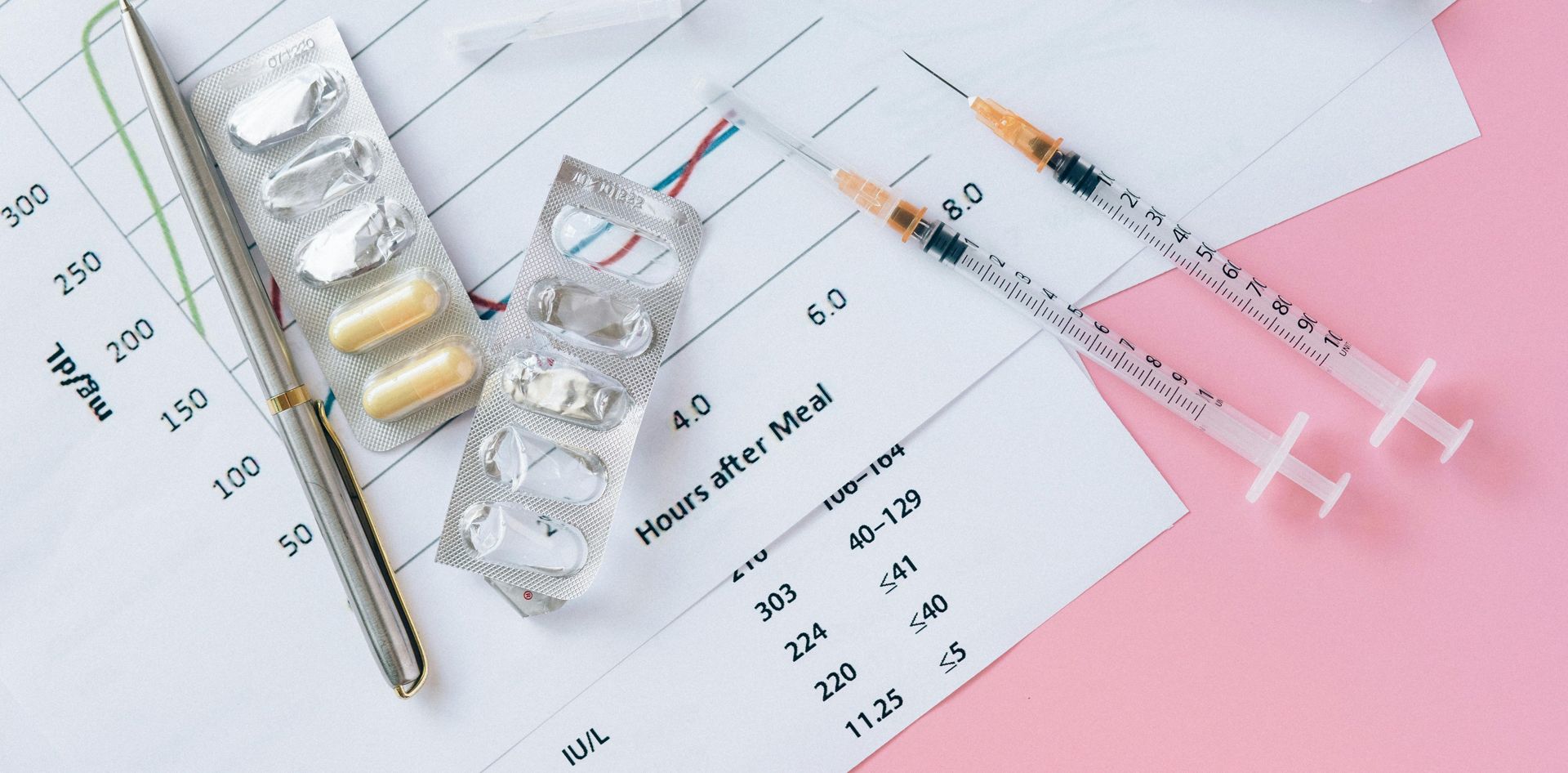Medical Data Privacy

With digitalization comes the protection of privacy and data in healthcare.
Patients’ right to privacy is fundamental considering that medical records hold some of the most sensitive information about an individual’s life. Along with the personal identifiable details, medical records document the individuals’ physical and mental state and can sometimes make reference to social behaviors, interactions and even financial status.
Unauthorized disclosure of medical records can have multiple negative consequences both on the personal as well as on the professional life of an individual. While advanced medical solutions depend on patients’ participation to health research studies, the collection and processing of health data must be performed following rigorous guidelines provided by national regulatory authorities and aimed at ensuring full security and privacy of the data.
In Europe, the Data Protection Regulation established clear rules for the collection and processing of health data, grants individuals the right to be informed about the use and share of their data and allows for a much needed individual’s control by requesting explicit consent before the collection of their information.
In the United States, medical data privacy is primarily protected by the Health Portability and Accountability Act (HIPAA) which established national standards for the protection of individuals’ medical records and other personal health information and set limits on the use and disclosure of health information without patient consent. Influenced by global standards and best practices, countries like Canada through their PIPEDA, Brazil through their LGPD or Japan with APPI are recognizing the importance of data privacy and have developed legal frameworks to protect medical information.
Widespread technological solutions promise fast and efficient data management but healthcare data breach statistics (in the U.S.) indicate that there has been a consistent increase in data breaches over the last 14 years, with 2021 recording the highest number of reported breaches since the Office for Civil Rights (OCR) began publishing records. According to the OCR, 725 data breaches were reported in 2023 with approximately 133 million records being illegally disclosed. In Europe too the GDPR has more work than ever, giving a record amount of fines to companies failing to protect their data.
The protection of privacy in medical data is not merely a tech trend but a fundamental effort to recognize and uphold individuals’ rights to the confidentiality of their information. Additionally, ensuring the confidentiality and security of medical data is essential to foster trust between individuals and healthcare providers which is crucial for encouraging participation in health research. Studies released by the National Library of Medicine in the United States indicate that guaranteeing individuals’ rights to privacy in healthcare is likely to result in a higher participation to health research, improved research data quality as well as an increased trust in the health initiatives at governmental level.
In conclusion, safeguarding privacy can lead to medical advancements; and when trust is low one of the healthiest approaches is to invest in educational campaigns that promote evidence-based health research where privacy is handled with responsibility.